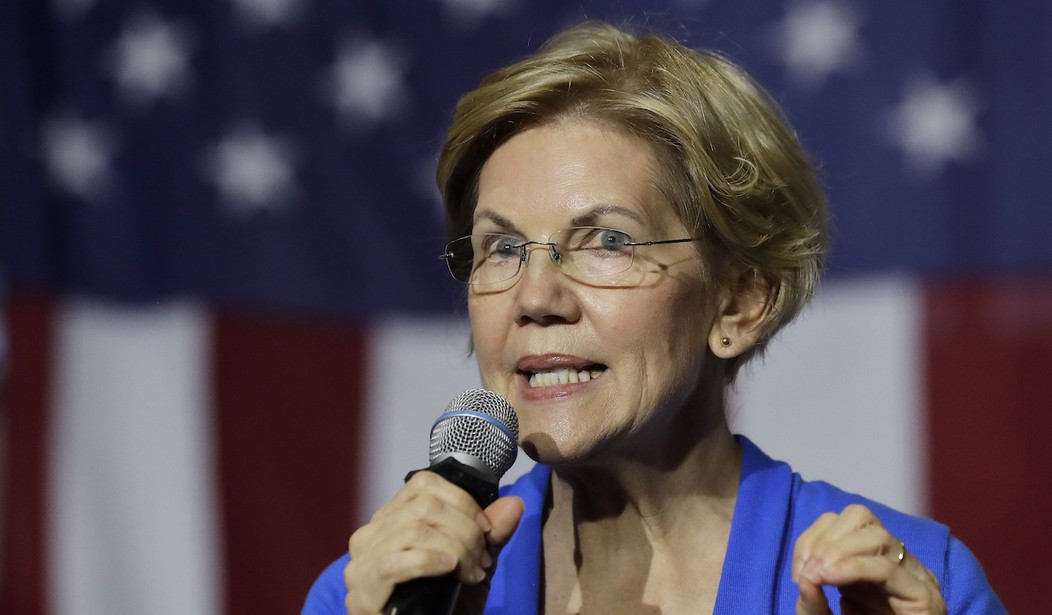In a recent New York Times opinion essay, drawn from their new book, Professors Emmanuel Saez and Gabriel Zucman, advisors to Senator Elizabeth Warren’s presidential campaign, advanced a startling claim. In 2018, the 400 richest Americans paid a lower effective tax rate (23.0%) than the bottom 50% of Americans (24.2%). That claim furnishes a juicy soundbite for all the left-of-center Democratic presidential candidates – “American voters, you pay more tax than a billionaire!” The soundbite will resonate once President Trump’s tax returns are leaked and it turns out he paid less than the average billionaire.
But is the soundbite accurate? The professors assert a “comprehensive” view of effective tax rates, including not only federal income taxes but also state and local income and property taxes, excise and sales taxes, payroll taxes, estate taxes and corporate profits taxes. But wait! To make a political point, they conveniently ignore a range of programs, akin to negative taxes, designed to ease the fiscal burden on lower income households. Arbitrarily left out of their analysis is the Earned Income Tax Credit (EITC), Medicaid, food stamps, welfare, unemployment insurance – all targeted at the bottom 50% of households. By ignoring redistributive programs, the professors can falsely claim that the US tax system “is a tax system of the plutocracy”, devoid of progressive features.
And they completely ignore the enormous charitable contributions – akin to voluntary taxes – made by billionaires, Bill Gates, Warren Buffet, Michael Bloomberg and many others. In a bygone era, the Hearst family generously endowed the University of California Berkeley, the professional home of Saez and Zucman. Perhaps some gratitude is in order.
The professors enrich their cookbook by attributing all corporate taxes to shareholders. Since billionaires are big shareholders, and since the federal corporate profits tax has been slashed from 52% in 1962 to 21% in 2018, this attribution explains a good part of the calculated fall in the effective billionaire tax rate, from 54.4% in 1962 to 23.0% in 2018. But some corporate taxes – it can be debated how much – are shifted back to lower employee compensation and shifted forward to higher prices paid by consumers. A comprehensive analysis of tax burdens would at least wrestle with the thorny attribution of corporate taxes to shareholders, employees and consumers.
Recommended
To deliver “tax justice”, the professors and the left-of-center candidates endorse a wealth tax, high personal income taxes on the rich, and a corporate profits tax rate of at least 35% -- the rate before it was reduced to 21% by the Tax Cut and Jobs Act of 2017 (TCJA). The corporate part of their shared agenda may be the least unpopular but in terms of economic impact it is the most questionable.
At long last, the TCJA put the US corporate rate in the vicinity of corporate rates imposed by advanced countries elsewhere – Canada, the United Kingdom, France, and others – and close to the Chinese rate. This eliminated the temptation for existing and newly founded corporations, created with American ingenuity and money, to set up headquarters elsewhere. Any Democratic president, following the advice of Saez and Zucman, would ask Congress to tilt the international playing field decisively against the United States. How? By restoring the corporate rate to its pre-2017 level of 35% or higher. Not good for business, not good for the stock market. Definitely not good for workers.
But not to worry! The professors have a plan to deal with inconvenient realities of the business world. They would tax all US firms on their worldwide profits at 35%. And any foreign firm that sells goods or services in the US market, and pays a worldwide tax rate less than 35%, would be hit with a US tax to make up the difference on revenue earned from US sales. How they would tax complex supply chains is a mystery. But in a stroke, the professors would blow up decades of international treaties that divide corporate taxes between nations and cap customs duties. If you think President Trump’s trade policies have undermined business confidence, just wait until such tax policies hit the street.

























Join the conversation as a VIP Member